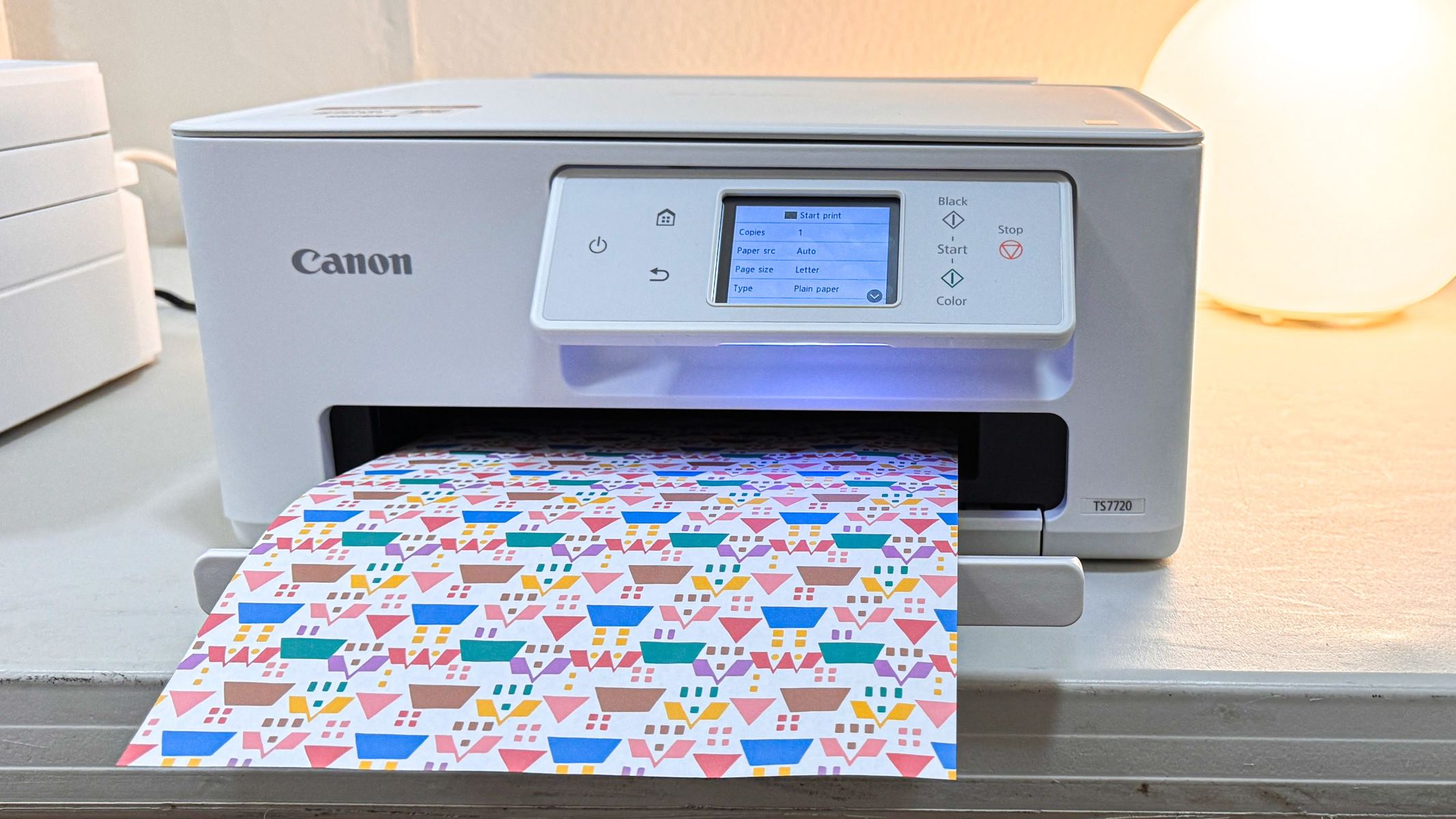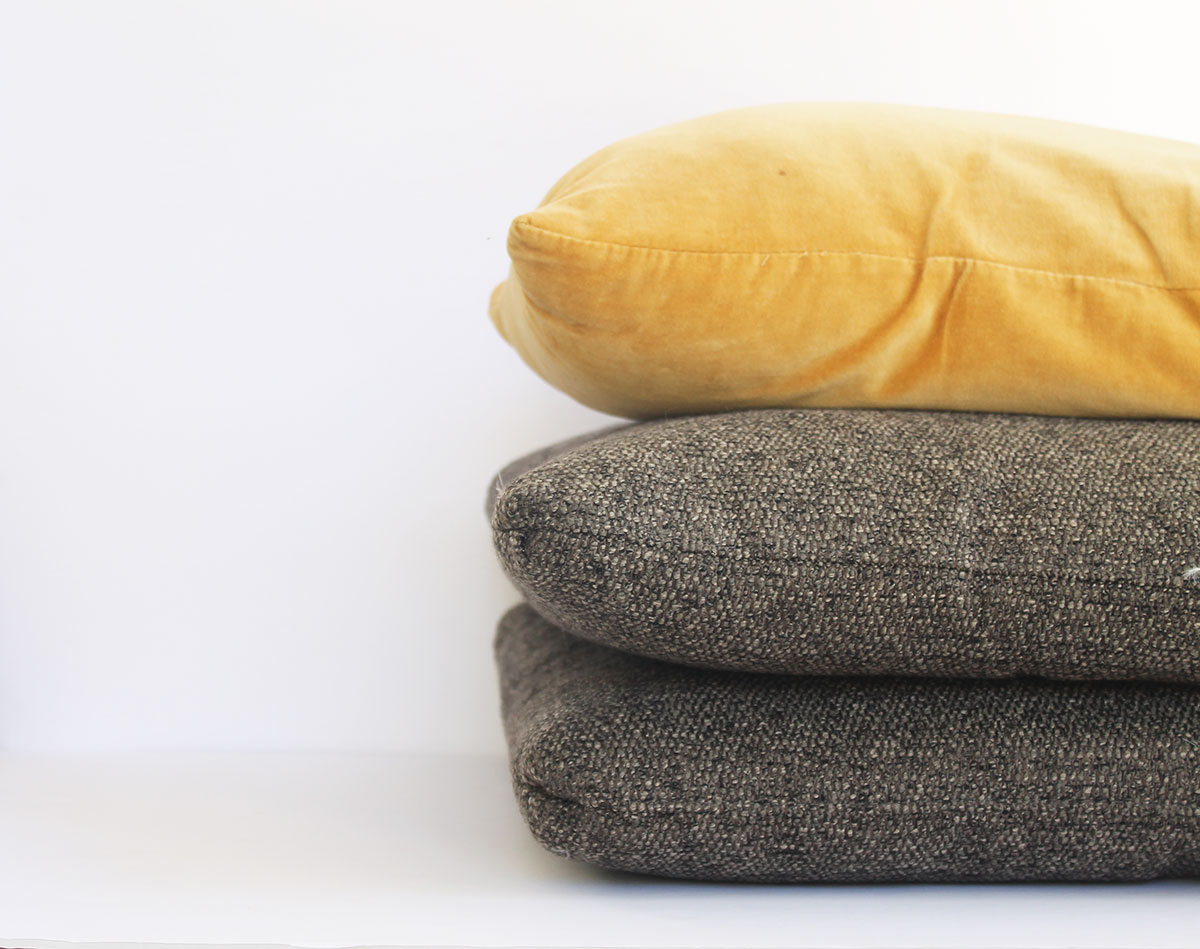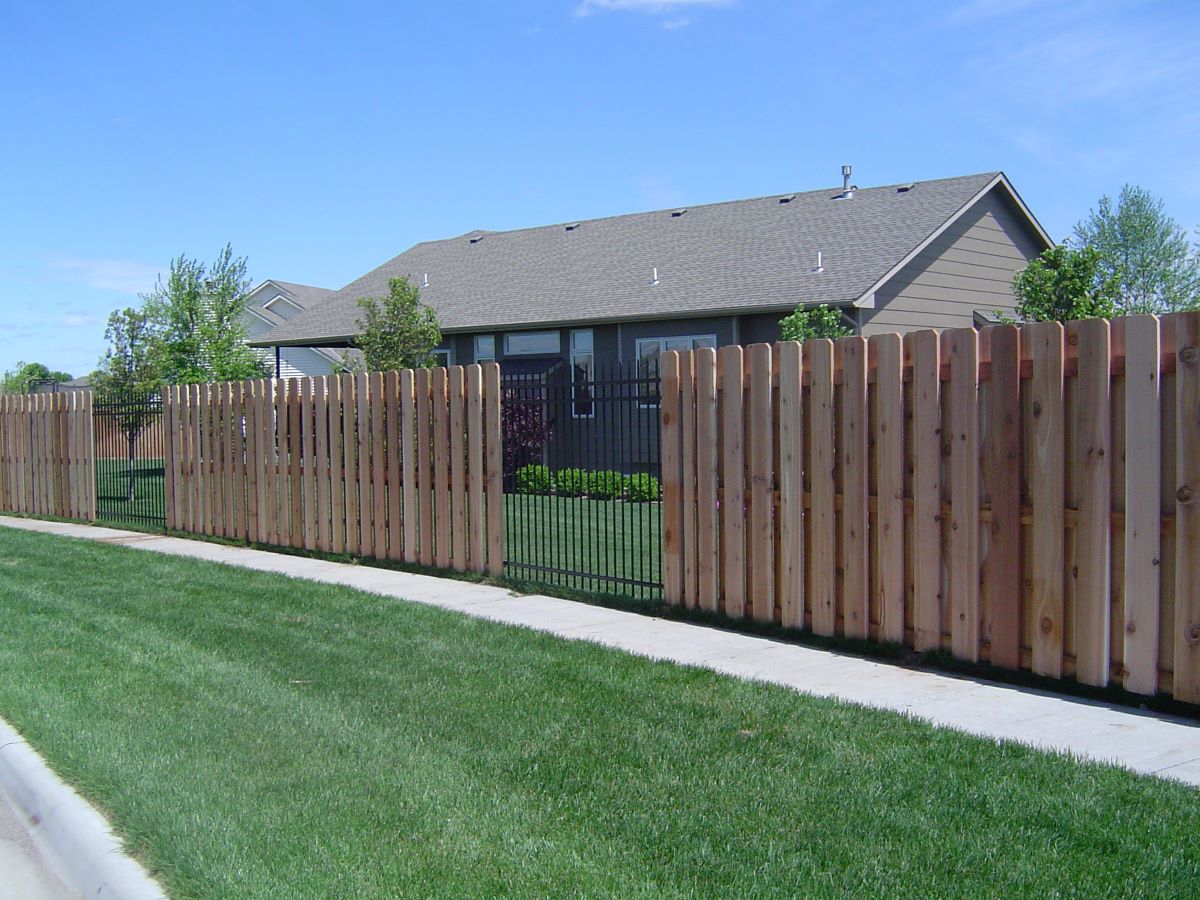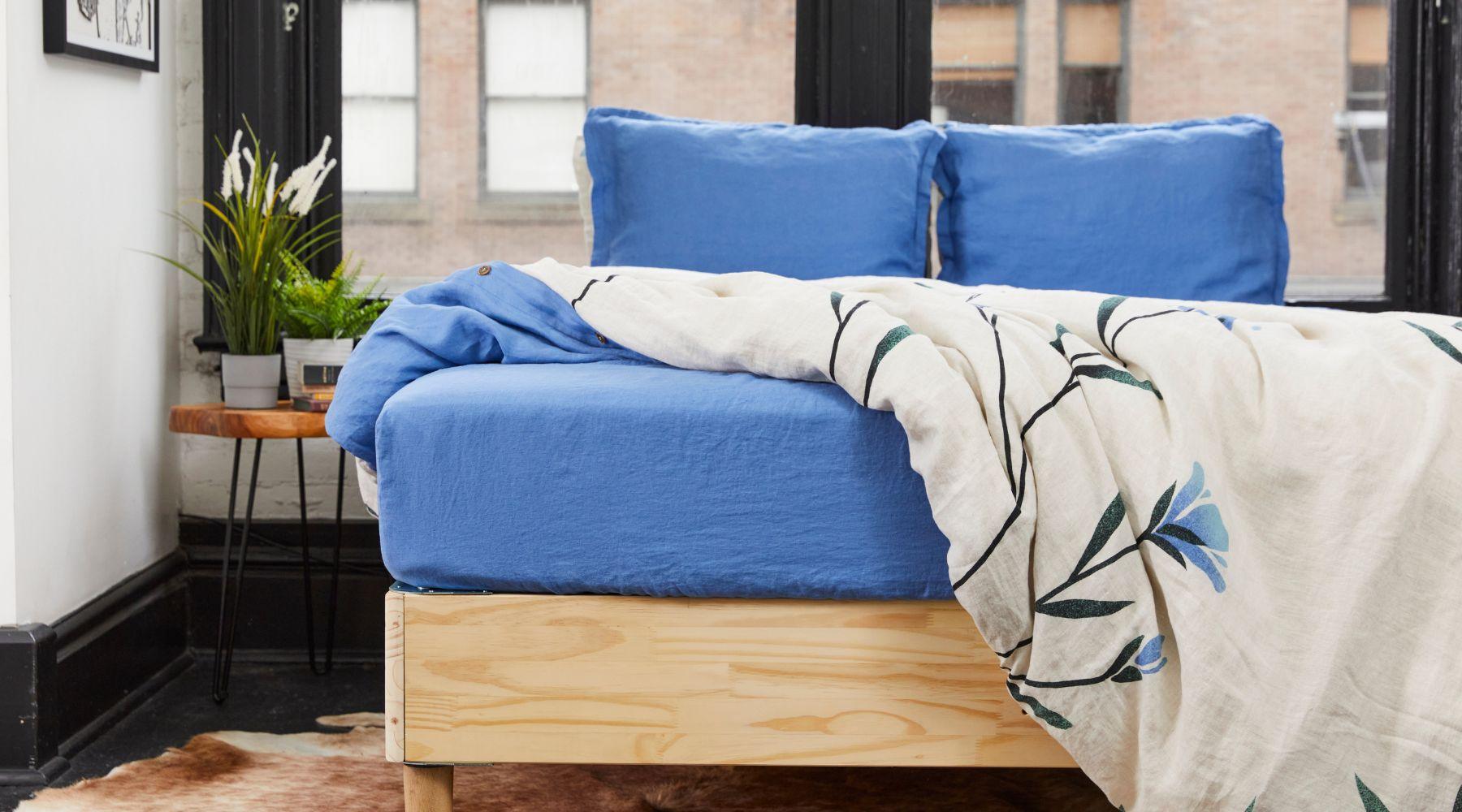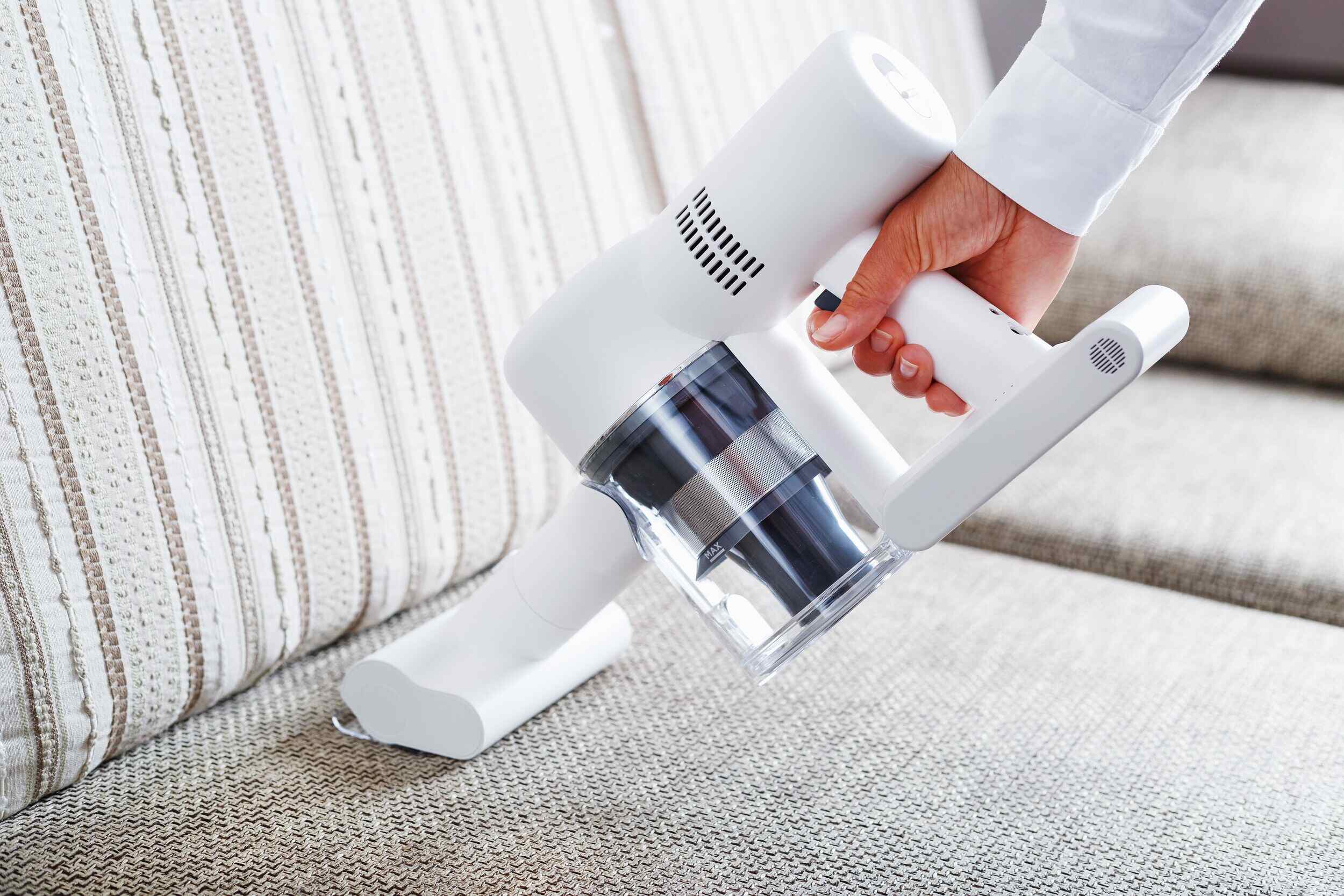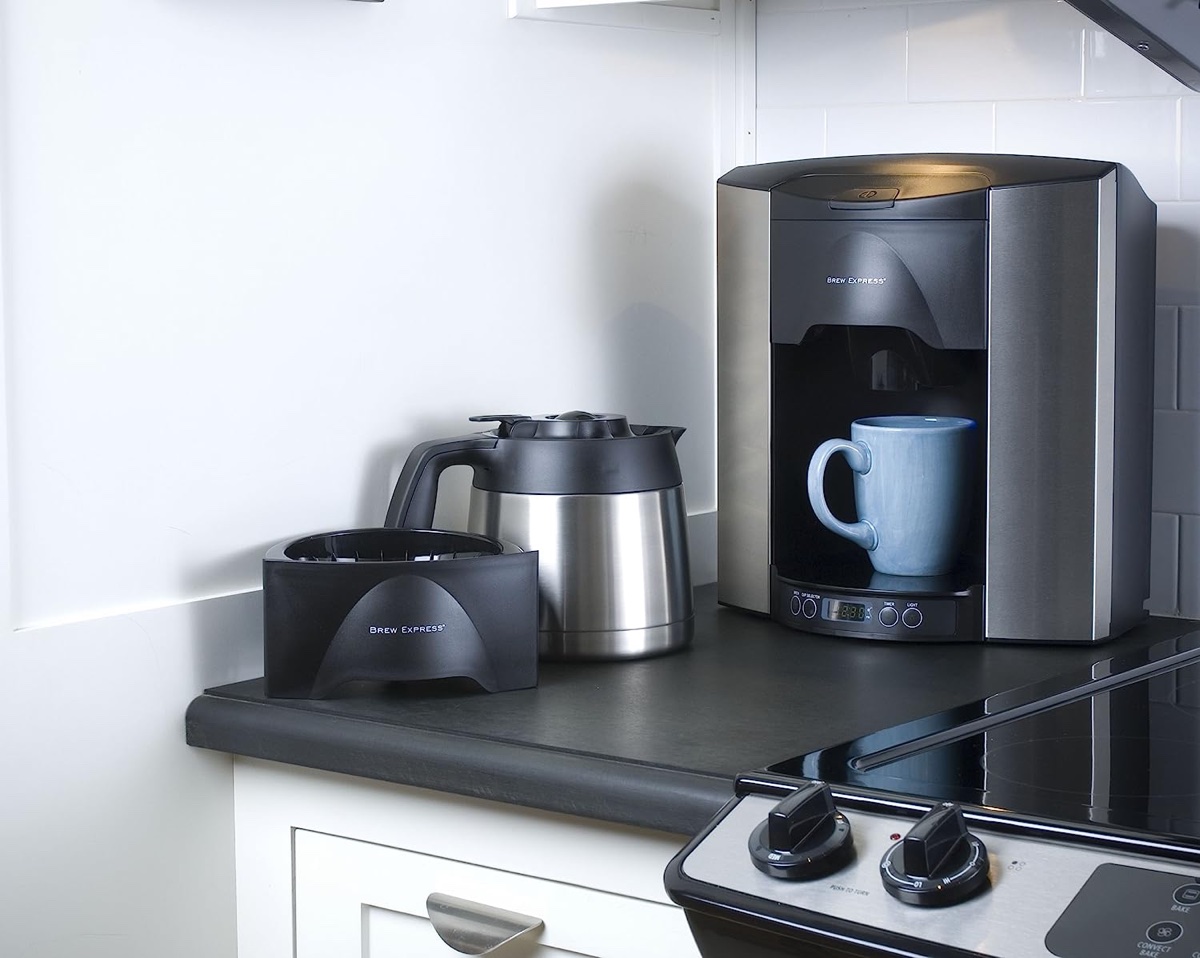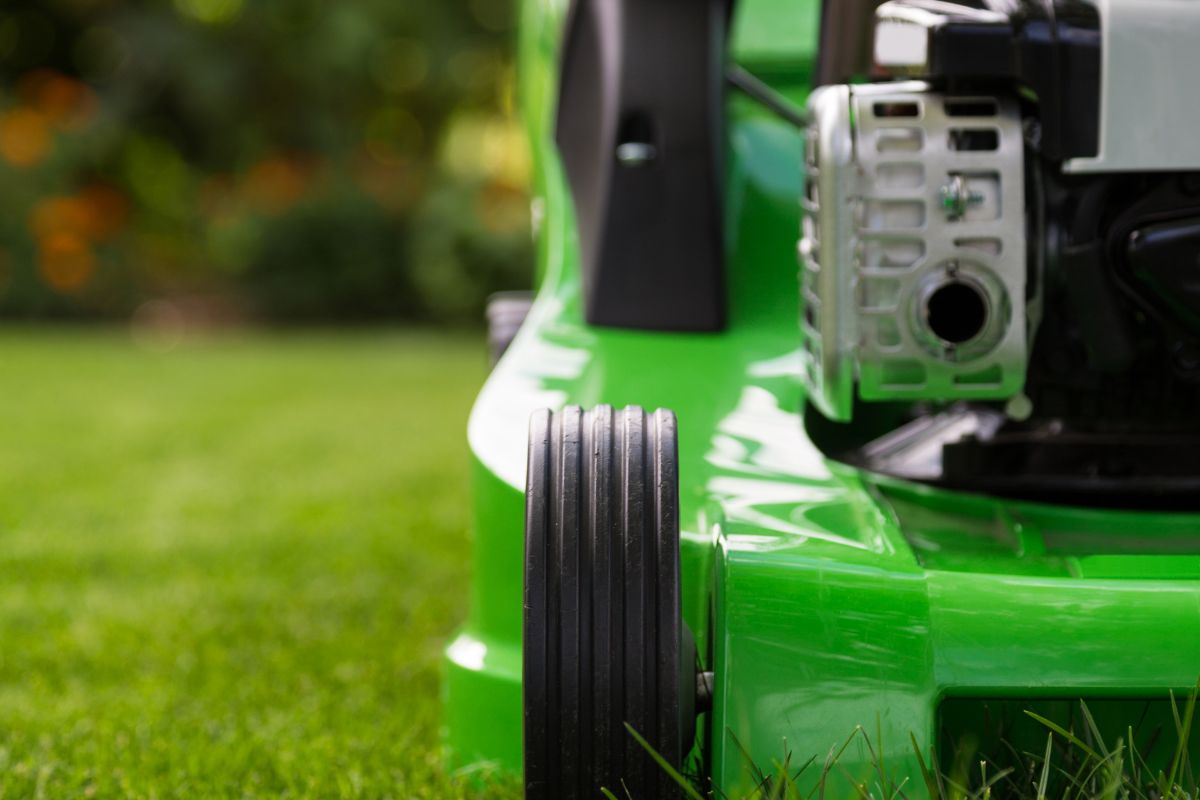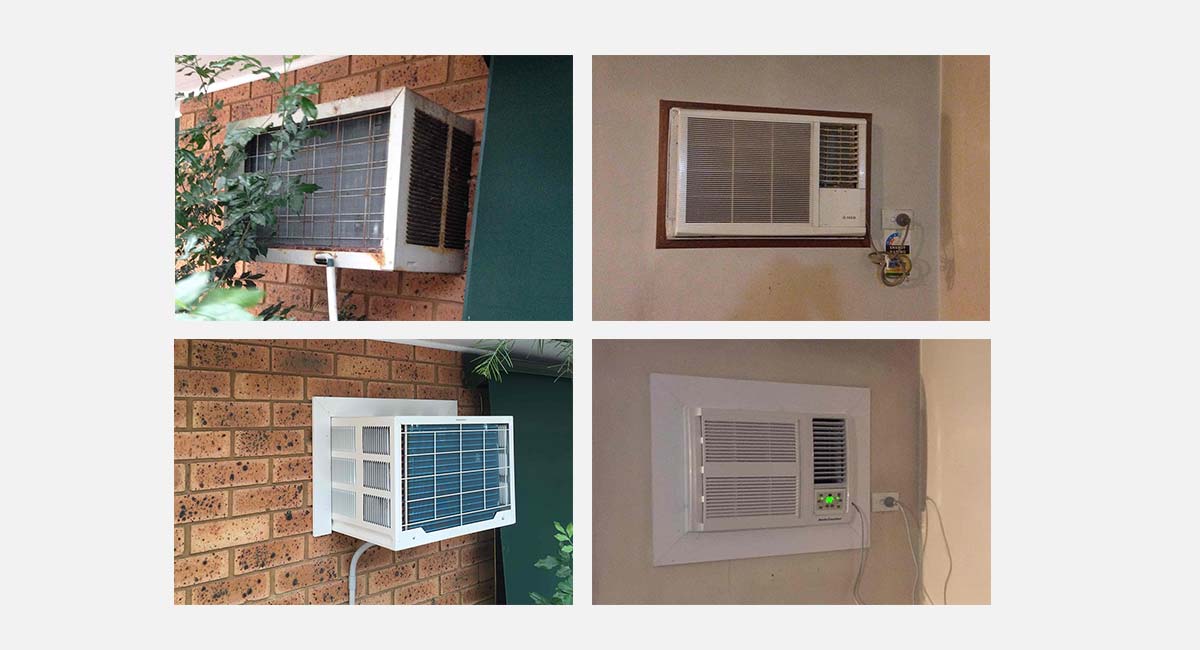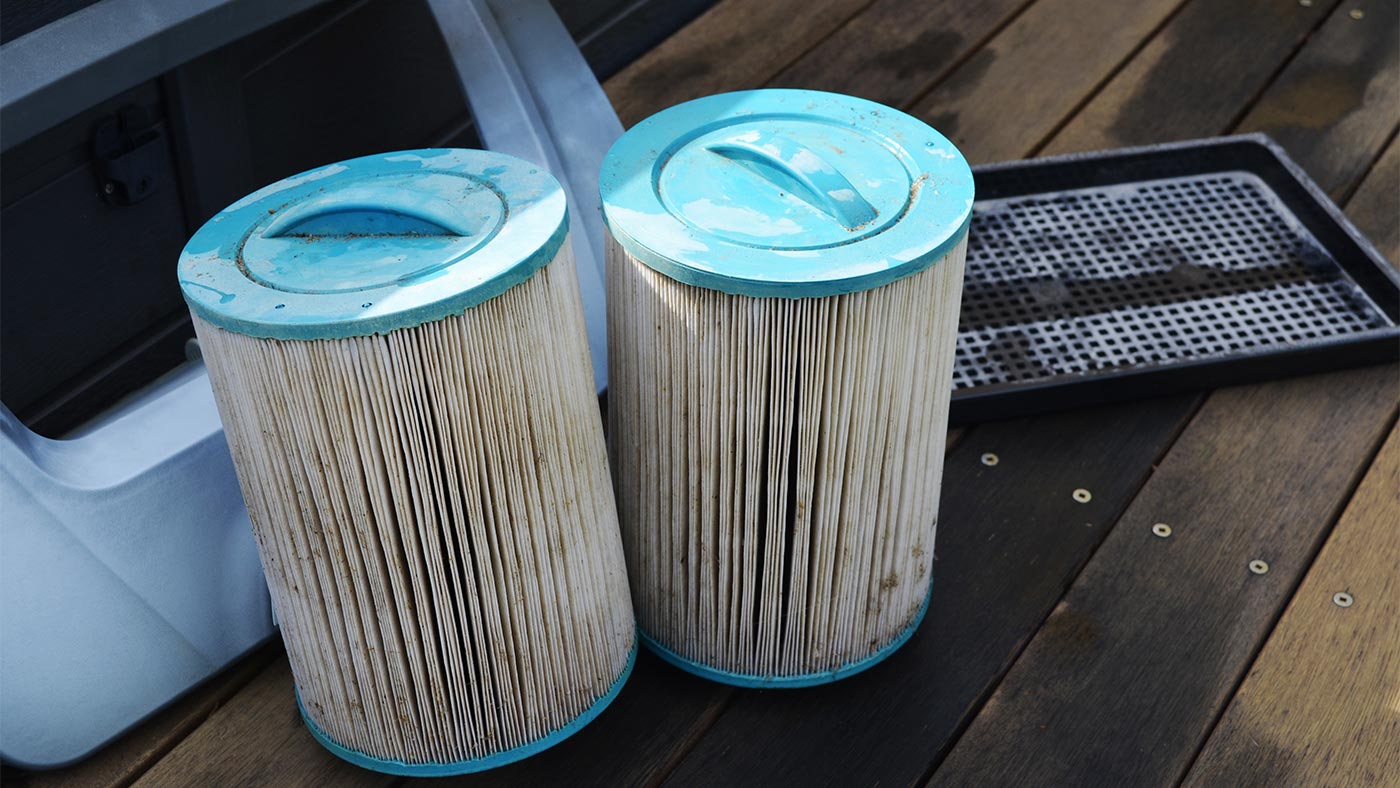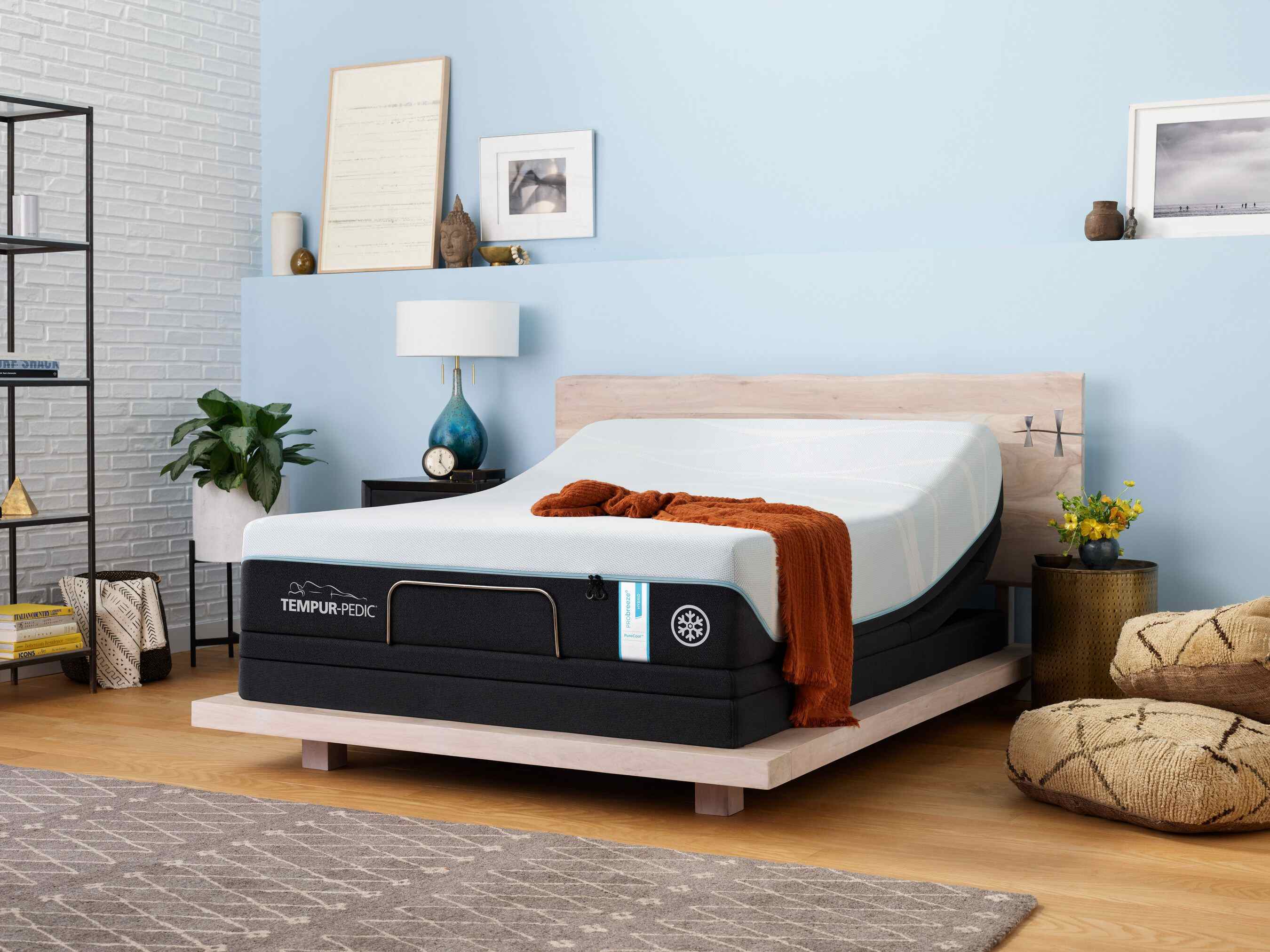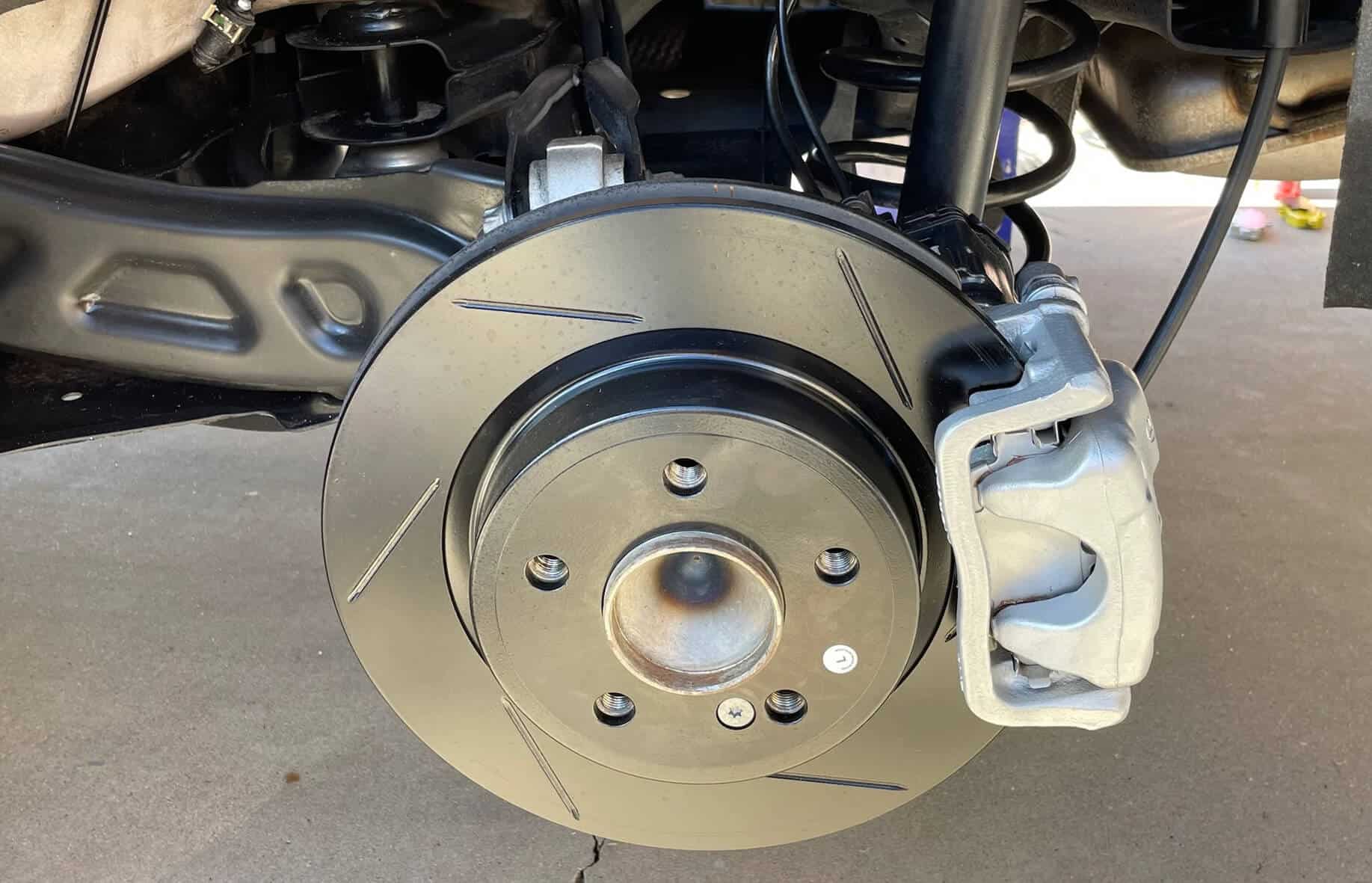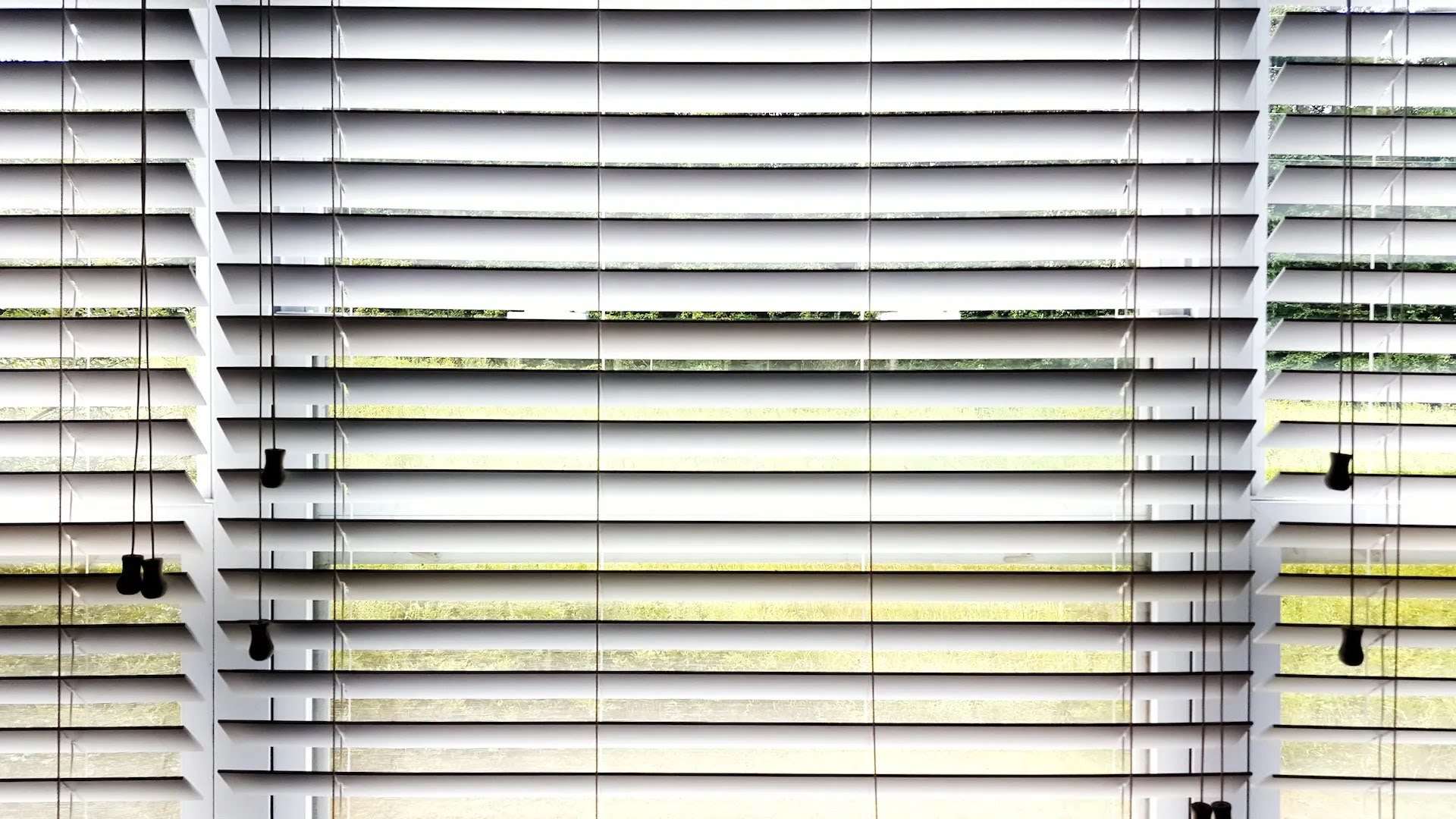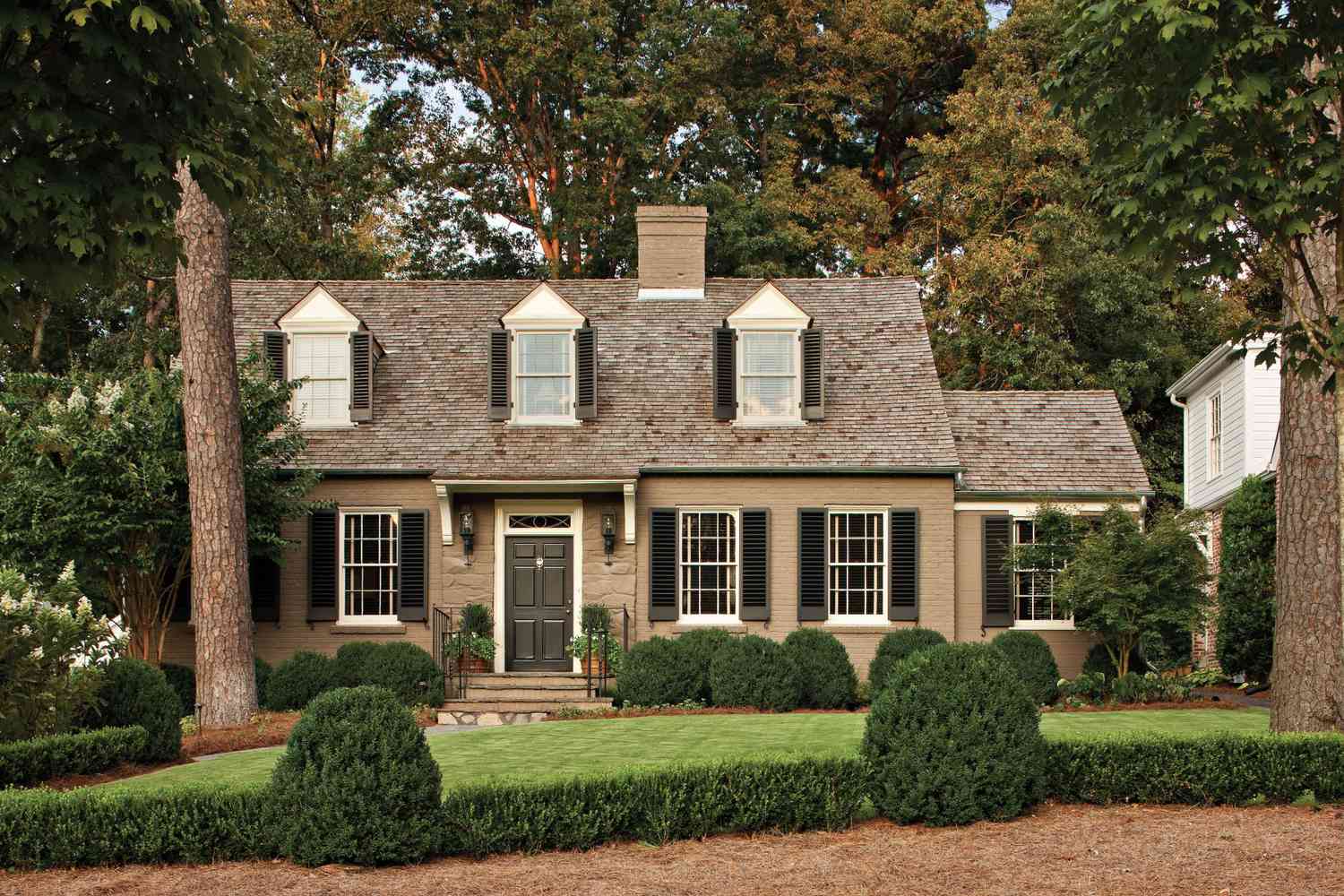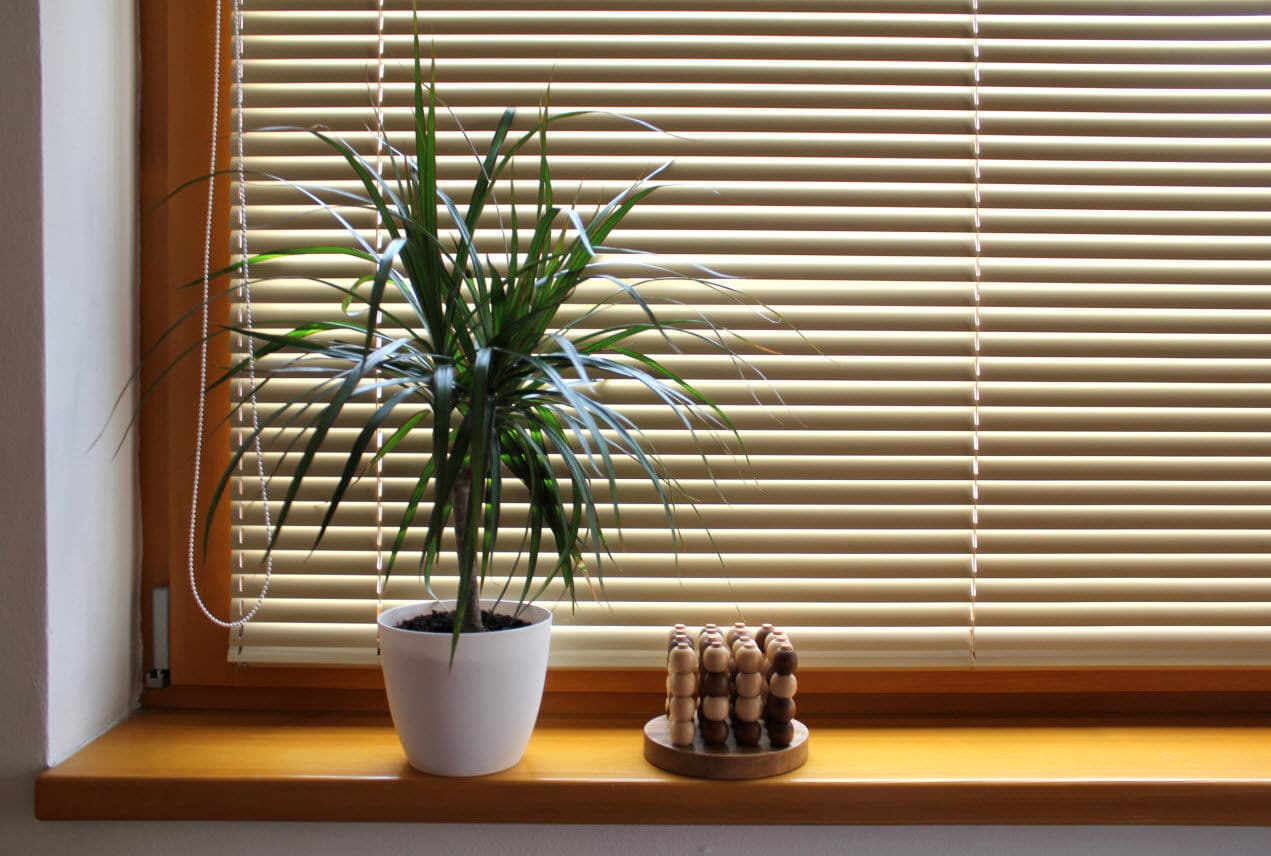

Articles
How Long Should Blinds Last
Modified: October 20, 2024
Find out the estimated lifespan of blinds in this informative article. Learn how long you can expect your window coverings to last and when it's time for a replacement.
(Many of the links in this article redirect to a specific reviewed product. Your purchase of these products through affiliate links helps to generate commission for Storables.com, at no extra cost. Learn more)
Introduction
Blinds are an essential element in any home or office space, providing privacy, light control, and style. Whether you have vertical blinds, horizontal blinds, or roller blinds, you want them to last as long as possible. After all, no one wants to constantly replace blinds or deal with functionality issues.
But how long should blinds actually last? Well, the lifespan of blinds depends on several factors, including the type of blinds, the quality of materials used, and how well they are maintained. In this article, we will delve into these factors and discuss how long different types of blinds typically last. We will also provide some tips on proper maintenance and signs that indicate it is time for a replacement.
So, if you’re interested in making your blinds last, keep reading to find out how!
Key Takeaways:
- Proper maintenance and care, including regular dusting, gentle cleaning, and handling with care, can significantly extend the lifespan of blinds and preserve their functionality and aesthetics.
- Signs such as visible damage, difficulty operating, and increased energy costs indicate when it’s time to replace blinds, ensuring optimal functionality and maintaining a cohesive interior design.
Factors Affecting the Lifespan of Blinds
The lifespan of blinds can vary greatly depending on several key factors. Understanding these factors can help you make informed decisions when choosing blinds for your space and determine how long you can expect them to last. Here are some of the main factors that can affect the lifespan of blinds:
- Material: The type of material used to make the blinds plays a significant role in their durability. Blinds can be made from various materials such as wood, aluminum, vinyl, or fabric. Wood blinds, for example, are known for their longevity and natural beauty. On the other hand, vinyl blinds are more resistant to moisture and therefore last longer in humid environments.
- Quality of Construction: The overall quality of construction also affects the lifespan of blinds. Well-built blinds with sturdy mechanisms and components are more likely to withstand regular use and last longer. Cheaper blinds may be more prone to breakage or wear and tear.
- Usage and Maintenance: How often you open, close, and adjust your blinds can impact their lifespan. Constant rough usage or improper handling can lead to premature wear and tear. Regular maintenance, such as dusting and cleaning, can help extend the lifespan of blinds as it prevents the buildup of dirt and debris.
- Exposure to Sunlight: Sunlight can be both a blessing and a curse for blinds. While natural light can create a warm and inviting atmosphere, excessive exposure to sunlight can cause fabrics to fade or become brittle. Blinds that are constantly exposed to harsh sunlight may need to be replaced more frequently than those in shaded areas.
- Climate and Environmental Factors: The climate and environmental conditions where the blinds are installed can affect their lifespan. High humidity, extreme temperatures, or exposure to moisture can accelerate the deterioration of blinds, especially those made from organic materials like wood or fabric.
It is important to consider these factors when selecting blinds for your space. Investing in high-quality blinds made from durable materials and taking proper care of them can significantly extend their lifespan and save you from frequent replacements. In the next section, we will explore the typical lifespan of different types of blinds.
Types of Blinds and Their Lifespan
Blinds come in various types, each with its own unique features and lifespan. Let’s take a closer look at some common types of blinds and how long you can expect them to last:
- Wooden Blinds: Wooden blinds are timeless and elegant, adding warmth to any space. With proper care and maintenance, wooden blinds can last anywhere from 10 to 20 years. Regular dusting and occasional polishing can help preserve their natural beauty and extend their lifespan.
- Aluminum Blinds: Aluminum blinds are durable, lightweight, and easy to clean, making them a popular choice for many homeowners. With regular maintenance, aluminum blinds can last around 10 to 15 years. However, they may be more prone to bending or denting if not handled with care.
- Vinyl Blinds: Vinyl blinds are budget-friendly and highly resistant to moisture, making them ideal for bathrooms and kitchens. On average, vinyl blinds can last anywhere from 5 to 10 years. However, prolonged exposure to direct sunlight may cause the vinyl material to become brittle over time.
- Fabric Blinds: Fabric blinds, such as Roman or roller blinds, add a touch of elegance and softness to any room. Fabric blinds generally have a lifespan of around 5 to 10 years. However, their longevity can be heavily influenced by the quality of the fabric and how well they are maintained. Excessive sunlight can cause fading or discoloration.
- Vertical Blinds: Vertical blinds are often used for large windows or sliding glass doors. These blinds typically consist of vertical slats that can be rotated or drawn to the side. The lifespan of vertical blinds can range from 7 to 12 years, depending on the material and maintenance.
It’s important to note that these lifespans are estimates and can vary depending on various factors such as usage, exposure to sunlight, and maintenance practices. Regular cleaning, avoiding rough handling, and implementing proper care can help maximize the lifespan of any type of blinds.
In the next section, we will discuss some essential maintenance tips to ensure your blinds stay in good condition and last as long as possible.
Blinds can last 7-8 years with proper care and maintenance. To extend their lifespan, regularly clean and dust them, avoid harsh chemicals, and handle them gently.
Proper Maintenance and Care for Blinds
Maintaining and caring for your blinds is crucial to ensure their longevity and optimal performance. Here are some essential tips to help you keep your blinds in top shape:
- Regular Dusting: Dust and debris can accumulate on the surface of blinds, making them appear dull and affecting their functionality. Use a feather duster, microfiber cloth, or a vacuum cleaner with a brush attachment to gently remove dust from the blinds on a weekly basis.
- Cleaning: Depending on the material, blinds may require occasional deep cleaning. For vinyl or aluminum blinds, you can use a mild detergent mixed with warm water and gently wipe them with a cloth or sponge. Fabric blinds can often be spot cleaned, but it’s essential to check the manufacturer’s recommendations for specific care instructions.
- Avoid Harsh Chemicals: When cleaning blinds, avoid using harsh chemicals, as they can damage the material and affect their lifespan. Stick to mild cleaners or natural alternatives to ensure the longevity of your blinds.
- Handle with Care: Whether you are opening, closing, or adjusting the blinds, handle them with care. Rough handling can lead to bent or broken slats, cords, or mechanisms. Avoid pulling on the cords forcefully and use the appropriate controls or mechanisms provided by the blinds’ design.
- Protection from Sunlight: Excessive exposure to sunlight can cause fading or discoloration of blinds, especially fabric blinds. Consider installing curtains or sheers to provide an extra layer of protection from direct sunlight. Alternatively, you can use window films or UV-blocking blinds to minimize sun damage.
- Inspect and Repair: Regularly inspect your blinds for any signs of damage or wear and tear. Replace or repair broken slats, cords, or mechanisms as soon as possible to prevent further damage and ensure smooth operation.
- Professional Cleaning and Maintenance: Depending on the type and condition of your blinds, you may want to consider professional cleaning or maintenance services. Professional cleaners have the expertise and equipment to deep clean and restore blinds, helping to extend their lifespan.
By implementing these maintenance practices and caring for your blinds properly, you can significantly extend their lifespan and keep them looking and functioning at their best. However, it’s essential to be aware of signs that indicate it’s time to replace your blinds, as we will discuss in the next section.
Signs that Blinds Need Replacement
While proper maintenance can help extend the lifespan of blinds, there may come a time when replacement is necessary. Here are some common signs that indicate it’s time to replace your blinds:
- Visible Damage: If you notice significant damage such as broken slats, frayed cords, or bent mechanisms, it may be a clear indication that your blinds need replacement. Severely damaged blinds not only affect their functionality but also the overall aesthetics of your space.
- Difficulty Operating: Blinds that are difficult to open, close, or adjust may be indicating their worn-out condition. If you find yourself struggling to operate the blinds or if they get stuck frequently, it might be time to consider replacing them with new ones for convenience and smooth functionality.
- Fading or Discoloration: Over time, exposure to sunlight can cause fading or discoloration of blinds, especially fabric ones. If the color of your blinds has significantly altered or become uneven due to sun damage, it may be time to invest in new blinds to refresh the look and maintain a cohesive interior design.
- Excessive Wear and Tear: Blinds that show excessive wear and tear, such as frayed cords, broken slats, or sagging mechanisms, may compromise their functionality and overall appearance. If repairs are no longer effective or cost-efficient, it’s advisable to replace the blinds instead.
- Outdated Style: Trends change, and so do our preferences for interior design. If your blinds have an outdated style that no longer matches your aesthetics or the overall theme of your space, it might be an excellent opportunity to upgrade to blinds that better suit your current style and taste.
- Increased Energy Costs: Blinds that are not functioning properly or have gaps that allow for excessive heat or cold air to enter or escape can lead to higher energy costs. If you notice a significant increase in your energy bills and suspect your blinds are contributing to it, it might be worth replacing them with more energy-efficient options.
When you start noticing these signs, it’s important to evaluate the condition of your blinds and consider investing in new ones. Remember, blinds that are in good condition not only enhance the aesthetics of your space but also provide functional benefits such as privacy, light control, and insulation.
Let’s wrap up the article in the next section.
Read more: How Long Should A Television Last?
Conclusion
Blinds play a crucial role in any space, providing privacy, light control, and style. Understanding the factors that affect the lifespan of blinds can help you make informed decisions when choosing blinds and prolong their durability.
From the type of material used to the quality of construction, the lifespan of blinds can vary significantly. Proper maintenance and care are essential to maximize their longevity. Regular dusting, cleaning with mild agents, handling with care, and protecting them from excessive sunlight are all important maintenance practices that can help extend the life of your blinds.
However, there may come a point when replacement is necessary. Signs such as visible damage, difficulty operating, fading or discoloration, excessive wear and tear, outdated style, and increased energy costs can indicate that it’s time for new blinds.
By considering these factors, maintaining your blinds properly, and recognizing the signs that indicate replacement, you can ensure that your blinds not only last as long as possible but also continue to enhance the aesthetics and functionality of your space.
Remember to choose high-quality blinds that suit your style and needs, and don’t hesitate to consult with professionals for proper cleaning, maintenance, and replacement.
So, go ahead and take good care of your blinds to enjoy their benefits for years to come!
Frequently Asked Questions about How Long Should Blinds Last
Was this page helpful?
At Storables.com, we guarantee accurate and reliable information. Our content, validated by Expert Board Contributors, is crafted following stringent Editorial Policies. We're committed to providing you with well-researched, expert-backed insights for all your informational needs.
